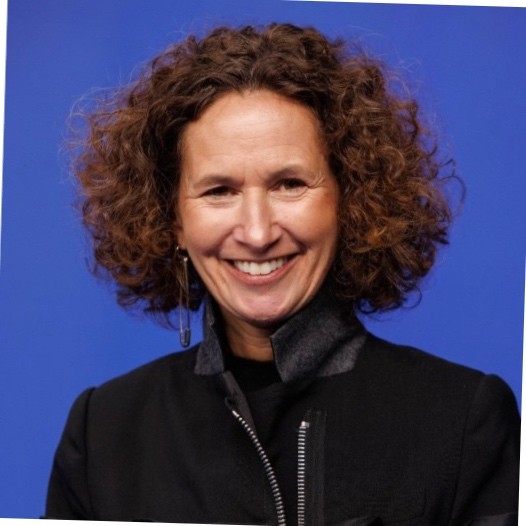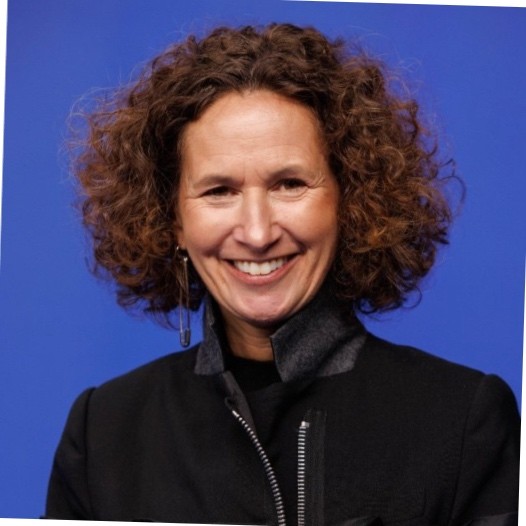Keeping Your Core Culture Intact as Your Company Scales
Growing pains. They come up for just about every organization, no matter how big, how successful, or how much you invest in culture. Whenever you hit a period of serious growth, you’re bound to encounter situations where the culture your initial team built may struggle to keep up.
I’m Katya Laviolette, Chief People Officer at 1Password, and I dove into this topic with 15Five on the HR Superstars Podcast. Here are some highlights of that conversation.
Begin by codifying your values
In anticipation of a big wave of incoming growth at 1Password, we set aside some time to reflect, recalibrate, and write out our core values in a way that would be easy for folks to remember—and most importantly, to embody.
It took 18 months. We conducted focus groups with a diverse set of individuals—new hires, customers, our founders, investors, and veteran team members. We wrote them out over and over again until we settled on just three:
- Put people first.
- Lead with honesty.
- Keep it simple.
Values help to drive a team’s performance. When teams understand how their work ladders up to a company’s mission and vision, as well as how they themselves are being evaluated against the company values, everything from internal communications to customer interactions becomes more cohesive.
HR should translate to business growth
The days of focusing on top line growth exclusively are behind us. The shift to a combination of top line and bottom line growth, combined with healthy levels of cash flow, has become a core focus in business—and HR should help enable that.
Doing so requires viewing HR as a critical driver of business growth rather than a supporting function. Unfortunately, organizations tend to talk about culture and people in one room and profits and growth in another. But the reality is that profits don’t do the work—people do.
A business’ success begins with the people who power it. HR then plays an integral role in helping to build businesses that not only give back to investors and shareholders, but also treats both employees and customers with a high degree of care, while preserving critical elements of the workplace culture.
Iteration is your friend
Software developers use iteration to build better products, making small changes over time—and reverting them when they’re not as positive as first intended. The same approach should be applied when nurturing your company culture.
Treat your company culture as a product you’re responsible for building and make it grow as your company does. Treat it as something to iterate on, meaning that you recognize it isn’t perfect but you’ll continually work on it.
If you look back to the company values we settled on at 1Password, ‘keep it simple” actually wasn’t one of the original ideas we submitted to our founders. Through an iterative process, it came about as a more simple option that our employees could easily relate to.
Know when to pump the brakes
When you’re in a season of growth, people can easily become excited and begin launching into how they can best contribute to the next big step. 30-minute meetings start turning into 60-minute meetings, culture pillars get eroded in favor of being more efficient, and leaders spend less time with their teams. HR’s role in moments like these should be the champion of the check-in.
HR has a responsibility to know when to pump the brakes, ask questions, and realign people with the company’s core culture. Make meetings more efficient, ask how “mission-critical tasks” contribute to the business’ core values, and rein in tangents that seem worth exploring on the surface, but are really pulling people away from the company’s North Star.
Be intentional about resolving conflict
As companies grow up, it becomes all too easy to sweep conflict under the rug or ignore them altogether. But that doesn’t always work—especially when you’re remote.
1Password has been fully remote since 2005, so we have to be very intentional about how we address conflict. In a remote environment, you can’t catch someone in the hallway and apologize for a comment you made in a meeting earlier that day. That means an apology or discussion might not happen immediately—it might not even happen at all. Worse, there might be back-channels on both sides that ultimately add fuel to the conflict.
At 1Password, we’ve set up employee resource groups (ERGs) and employee community groups (ECGs), regular office hours, dedicated Slack channels, and more, to allow employees to have open discussions and resolve conflict as it happens. The best part? As your company grows, you have more opportunities to create these open spaces for your people.
Conflict is inevitable, and unless you proactively give people ways to resolve it, it will linger and potentially lead to larger problems down the road.
Don’t grow at all costs
Growth is exciting, but it doesn’t have to come at the cost of your company’s core culture. Building a winning culture that scales with your bottom line requires codifying your core values, approaching HR with a business lens, embracing an interactive approach, and not shying away from conflict. It’s possible to get growth without the growing pains.
About the Author
Katya Laviolette is a fully bilingual (English & French) business-oriented people leader with over 25+ years’ experience in talent, culture change, global rewards, organizational effectiveness, real estate operations, health and safety, and M&A.
Katya currently holds the position of Chief People Officer with 1Password, the leader in human-centric security and privacy. Prior to that, she held executive and senior level positions at SSENSE, TC Transcontinental, CBC|Radio-Canada, Rio Tinto, Bombardier and CN. Katya is also a Board Director.





